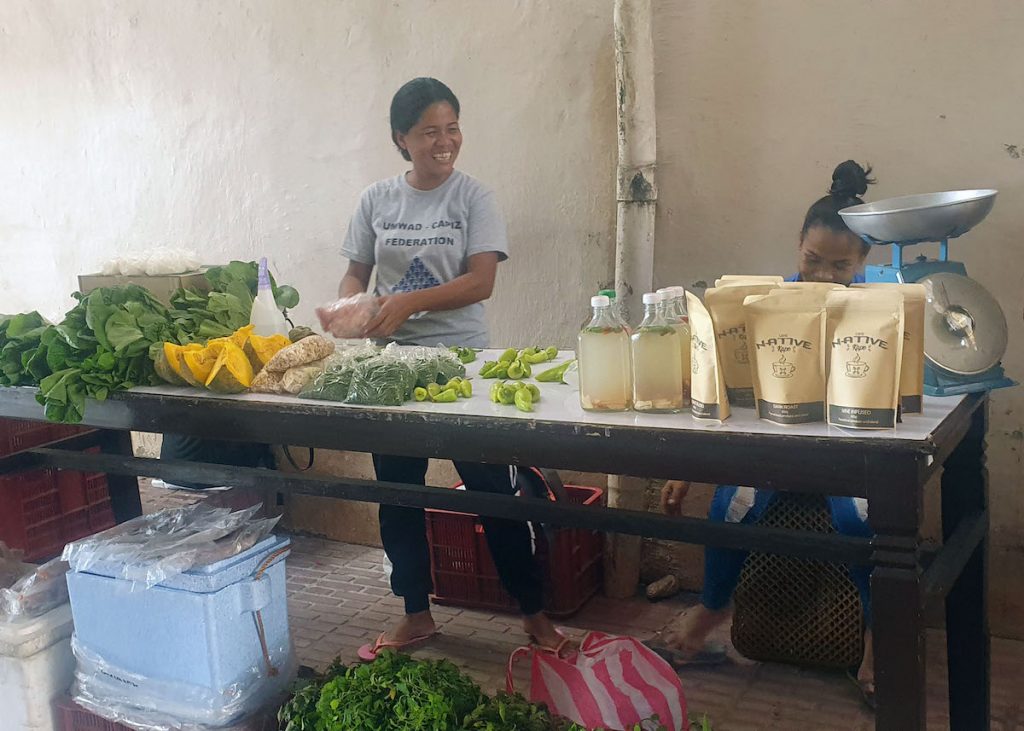An “honesty store” set up by a Catholic archdiocese in the central Philippines has steadily been bringing in customers.
What started as a small project of the social action office of the Capiz Archdiocese is now expanding operations by opening two more outlets.
The project started in the wake of Super Typhoon Haiyan, which killed at least 6,500 people and devastated communities in the central Philippines.
“Back then, farmers needed a venue to showcase their products,” said Princess Dianne Calanza, store manager.
“We decided to come up with a one-stop-shop,” she said, adding that the concept of an “honesty store” had thus evolved.
Father Mark Granflor, social action director of the diocese, initiated the establishment of the first store from his St. Pius Seminary office in the city of Roxas.
“We put up a price list for our products and a box where parishioners could place their payment,” said Calanza.
Because it was a unique concept, people started patronizing the store.
“We consider it to be a success,” said Calanza.


The Capiz Archdiocese’s “honesty store” allows farmers to sell their produce like vegetables, fruit, and coffee. Fishermen can also bring along their catch to sell.
The social action center buys the products, depending on the estimated demand, and then provides a space for consumers to purchase them.
Many parishioners said they love to shop at the store, because most of the products are fresh and organically grown.
Starting with just a few people, the store has grown exponentially, gathering support from 20 farmers’ groups in the province.
Because of growing demand, the social action center decided to set up another outlet beside the Catholic cathedral of Capiz. That store is open on Wednesdays.
Calanza said they are planning to turn the weekly market into a “full-fledged honesty store.”
Although a close-circuit camera has been installed at the store, Calanza said they have committed themselves to not monitoring whether patrons are paying the right price.
“We decide to let nature take its own course,” she said with a smile.
Patrons collect what they want, weigh it, and leave payment in a box.
Calanza admitted that they also have experienced losses, up to about 20 percent at times, due to “some dishonest parishioners.”
Last year, the Manila Police Department set up an “honesty store” selling food, noodles, and beverages.
It was, however, closed for a while after an audit revealed it had lost about $400 after closed-circuit television camera revealed someone had pocketed the money as part of an inside job.
The store reopened after several weeks.
On Ash Wednesday, the honesty store of the Capiz Archdiocese earned about 9,000 pesos, or $180. On an average day, the store brings in around $100.
The archdiocese’s social action program has been “showcasing” their concept during seminars, inspiring other groups to set up their own shops.


